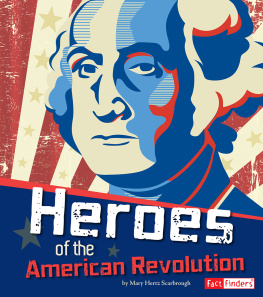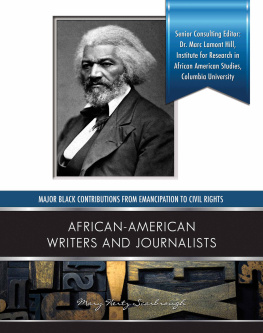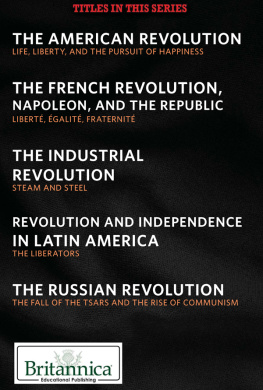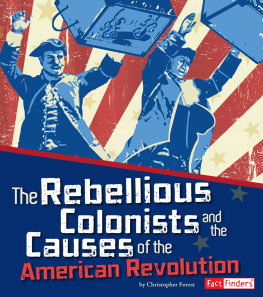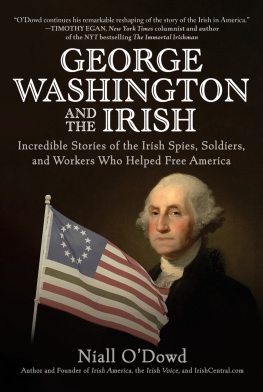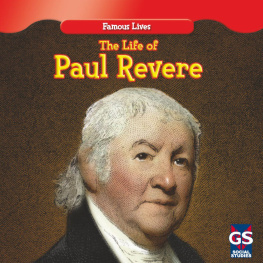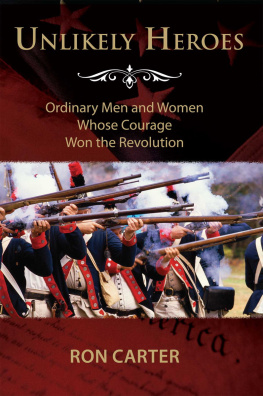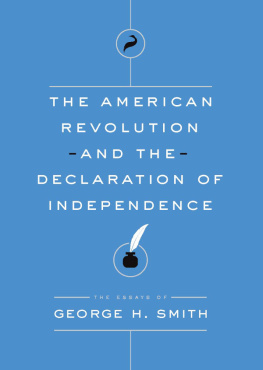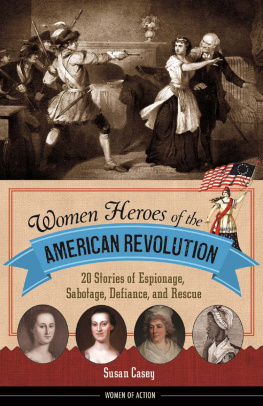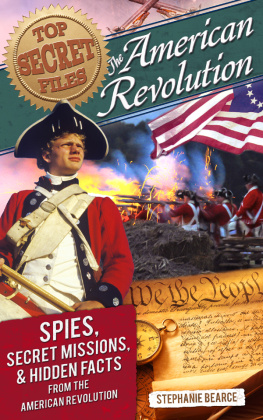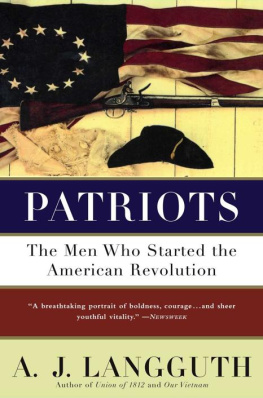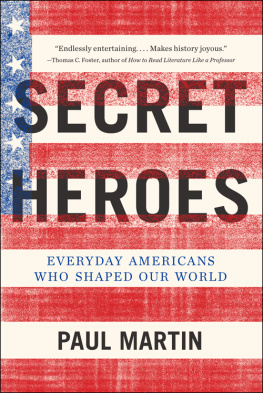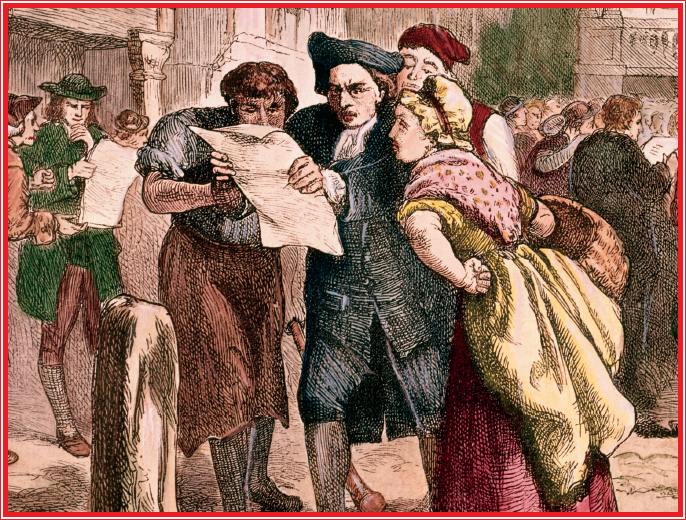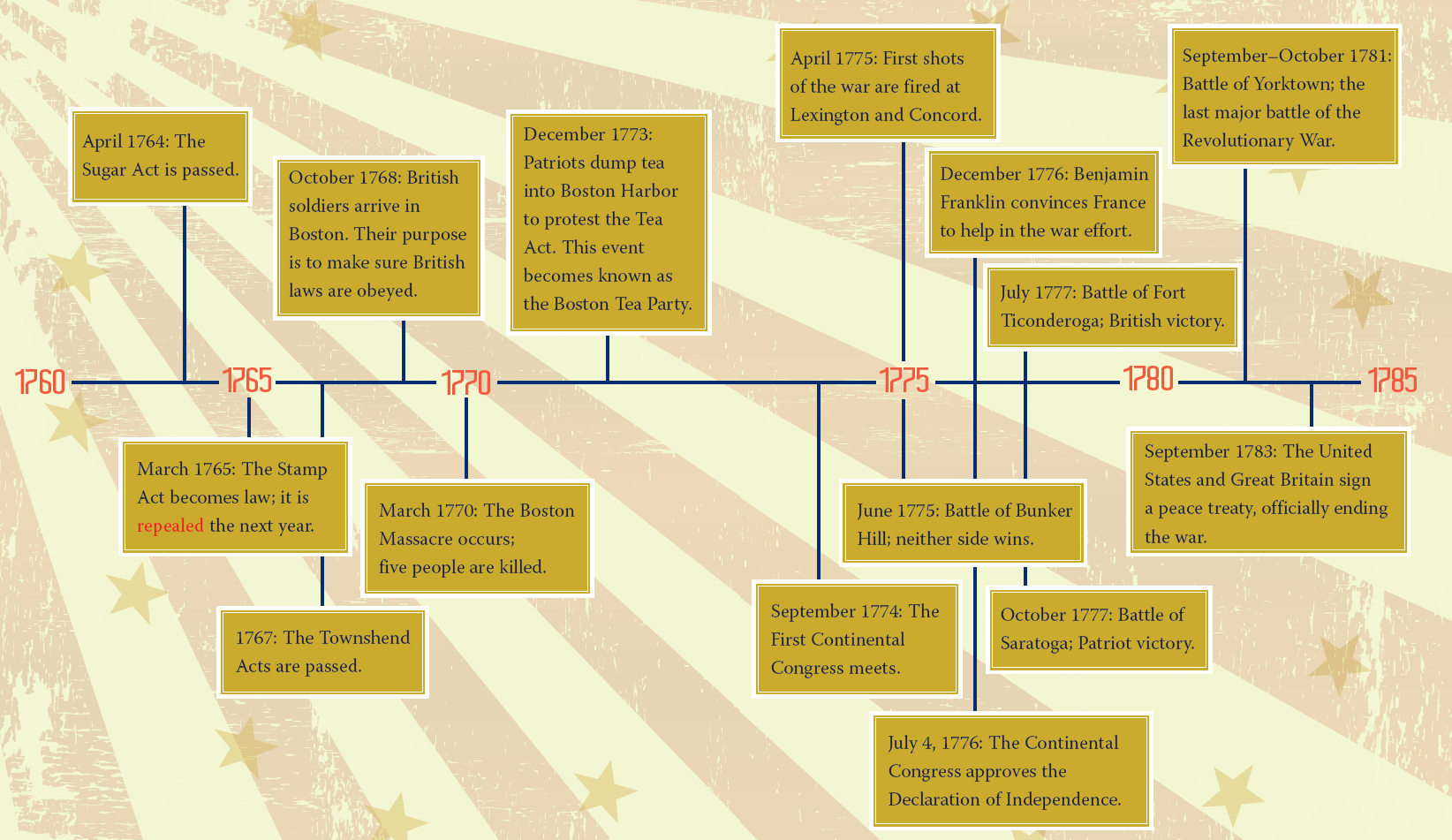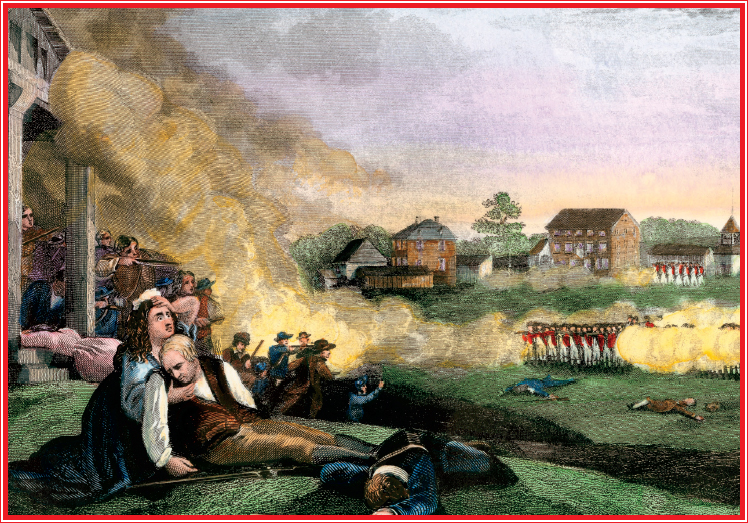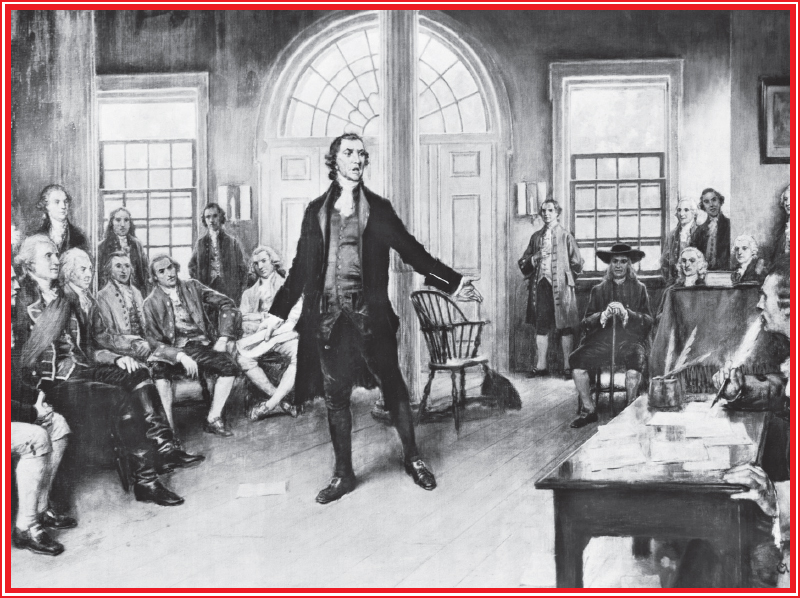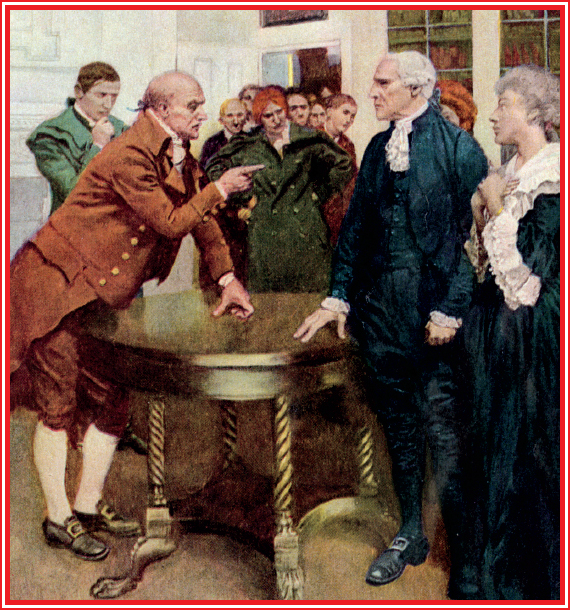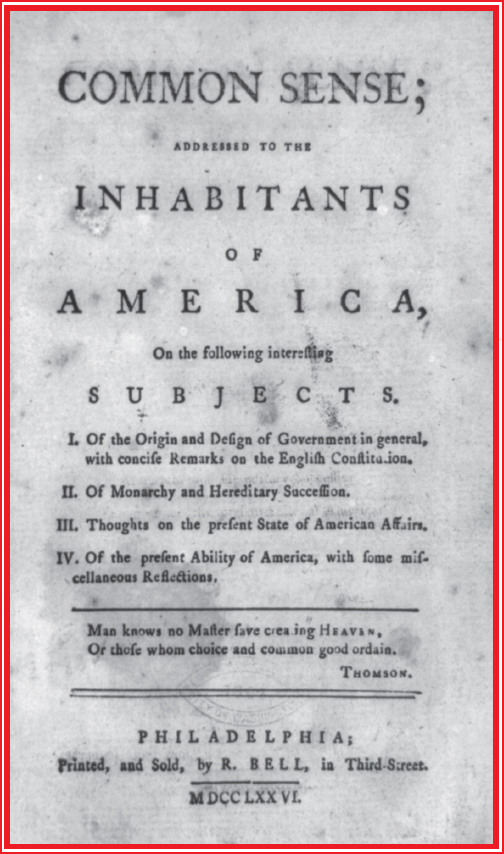Glossary
(ar-TI-luhr-ee) cannons and other large guns used during battles (BOY-kot) to refuse to take part in something as a way of making a protest (KAH-luh-nist) someone who lives in a newly settled area (en-LIST) to voluntarily join a branch of the military (FOR-tuh-fye) to make a place stronger against attack (mar-KEE) a European nobleman (muh-LISH-uh) a group of citizens who are trained to fight, but who onlyserve in an emergency (PAR-luh-muhnt) a group of people who make laws and run the governmentin some countries (ri-KROOT) to ask someone to join a company or organization (ri-PEEL) to officially cancel something, such as a law (TAKS) money collected from a countrys citizens to help pay for running thegovernment
Read More
Burgan, Michael . Weapons, Gear, and Uniforms of the American Revolution. Equippedfor Battle. Mankato, Minn.: Capstone Press, 2012.
Gregory, Josh . The Revolutionary War. Cornerstones of Freedom. New York: ChildrensPress, 2012.
Samuels, Charlie . Timeline of the Revolutionary War. Americans at War. New York:Gareth Stevens Pub., 2012.
Internet Sites
FactHound offers a safe, fun way to find Internet sites related to this book. Allof the sites on FactHound have been researched by our staff.
Heres all you do:
Visit www.facthound.com
Type in this code: 9781429685900
CHAPTER 1
Unrest in the Colonies
The American Revolution (17751783) was a war of rebellion. Before the war, GreatBritain controlled the 13 colonies. The fought this control. Some peoplefought with weapons, while others fought with words. Heroes stepped forward. Colonistswrote or spoke out against British rule in public. They organized protests againstGreat Britain. They put their lives on the line serving in the Continental army.
The war started over debt and who should pay it. The recent French and Indian War(17541763) had been expensive for Great Britain. The country needed a lot of moneythat it didnt have. The British government decided to get some of the money by its subjects, including the colonists.
Colonists thought the taxes were unfair. Some people refused to pay or the taxed items.
colonist : someone who lives in a newly settled area
tax : money collected from a countrys citizens to help pay for running the government
boycott : to refuse to take part in something as a way of making a protest
The colonists were upset that the taxes had been placed on them without their consent.
Many colonists were simply unhappy with the way they were ruled. They were subjectsof the British government and had to pay British taxes. But they had no say in howthe government was run.
Many men and women of the colonies were ready to make a stand. These heroes madetheir actions felt and their voices heard. The war against Great Britain was justbeginning.
Timeline of the American Revolution
repeal : to officially cancel so m ething, such as a law
CHAPTER 2
Heroes with Words
In September 1774, 56 men from across the colonies met in Philadelphia, Pennsylvania,for the First Continental Congress. The people who attended the meeting includedlawyers, politicians, and military leaders. Most of the attendees wanted to easethe tensions between Great Britain and the colonies. At the time, independence wasnot something they seriously considered.
The men sent a Declaration of Rights to Great Britains King George III. Colonistshoped the king would listen and remove the taxes. But colonial leaders planned tomeet the following year if the situation didnt improve.
The king and the British didnt back down. In 1775 the British governmentmoved in to take weapons the colonists had stored in Massachusetts. The Patriotsrode out to meet the British soldiers. Suddenly, a shot rang out. No one knows whofired the shot, but the British soldiers opened fire in response.
parliament : a group of people who make laws and run the government in some countries
The colonists now saw that war was their only option. Heroic leaders in the coloniesstepped forward to take charge. They used their words to encourage their fellow coloniststo stand for independence.
Eight colonists were killed in what would be called the Battles of Lexington andConcord.
Patrick Henry
Patrick Henry was an outspoken Patriot. He was a popular lawyer and politician. Henrybelieved the colonies needed to raise an army. In 1775 he spoke out to convince thepeople of Virginia to fight against the British. Henry rallied the leaders of Virginiaby stating, Give me liberty, or give me death! Although no one recorded his wordsas he spoke, they are still remembered today.
Patrick Henry led the colonial rebellion against the Stamp Act of 1765.
Samuel Adams
Samuel Adams wasnt surprised by the kings response to the Declaration of Rights.Adams, a politician and former tax collector, had been speaking out against GreatBritain since the 1760s. He wrote attacks against the British in Bostons newspapers.His letters called for the colonists to resist British rule. He led protests againstthe Stamp and Sugar Acts.
Adams founded the Sons of Liberty in 1765. He was also one of the men behind theBoston Tea Party in 1773. He was the first to propose a Continental Congress andserved as a representative when the congress met. In 1776 he was one of the firstto sign the Declaration of Independence.
In Great Britain, Samuel Adams (left) was known as the most dangerous man in Massachusetts.
Thomas Paine
Thomas Paine didnt come to the colonies until 1774. But he was inspired by the Patriotsfight for freedom. He called it a new era in politics. Paine was a talented writerwho used words wisely. His pamphlet, Common Sense , was printed in early 1776.
Paines 46-page booklet stated that war was the only sensible answer to the conflictbetween Britain and the colonies. He wrote that it was foolish for a big piece ofland like North America to be controlled by a tiny island.
Paine gave the profits from the sale of Common Sense to the Continental army.

